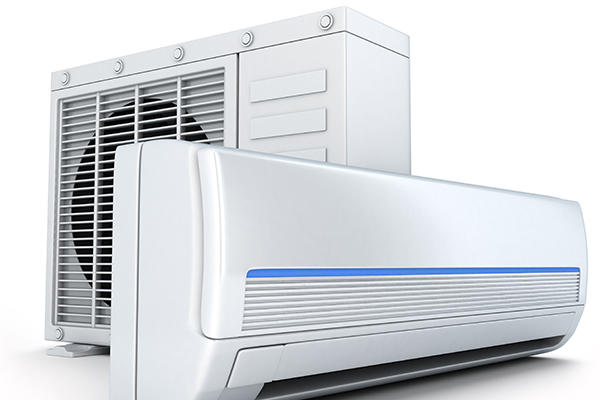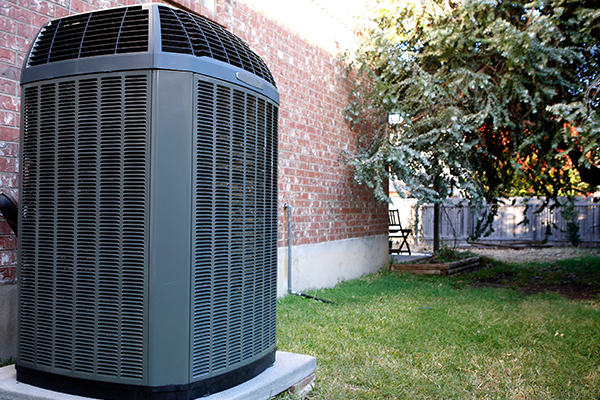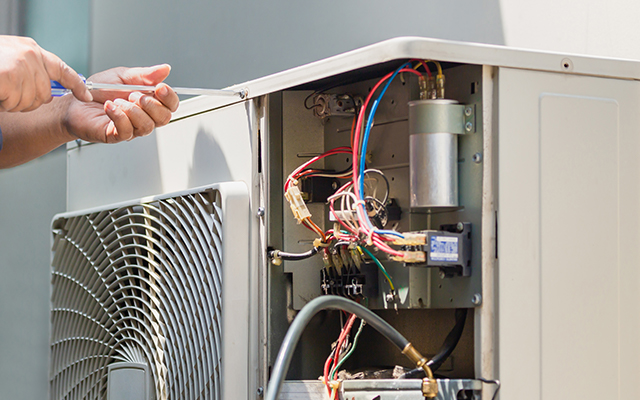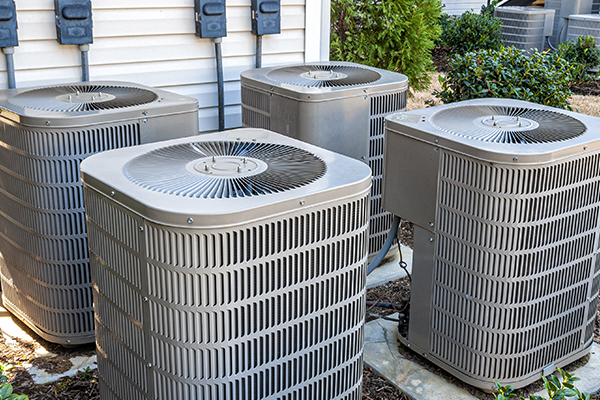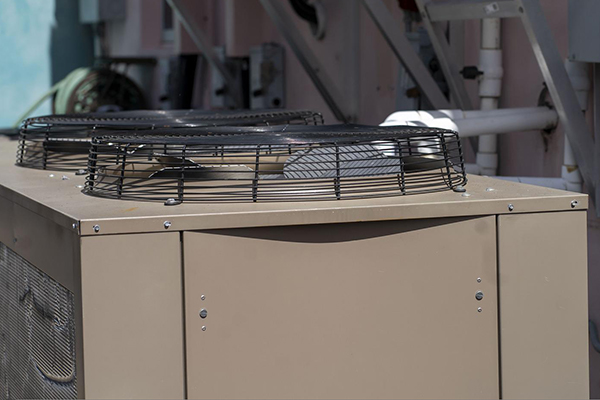
Avoid unnecessarily replacing or paying expensive utility bills and maintenance as your HVAC unit begins failing. Knowing when you should replace your HVAC system will save you from skyrocketing utility bills and costly repairs.
elearning-training.com gathered the following information about determining when you should replace your HVAV system to avoid unexpected breakdowns, increased utility bills, and system failures.
How Long do HVAC Systems Last?
The average HVAC system lifespan is somewhere between 10–25 years. This estimation is significantly influenced by:
- Your climate
- What type of HVAC system you have
- What kind of maintenance program you have maintained
Your HVAC system may last less time than that if it has been overworked by poor insulation or airflow from unsealed air leaks. Read more about the longevity of HVAC systems at How Long Does an HVAC System Last.
The following are the signs and indications that your HVAC system is failing and needs to be replaced:
1. Your Utility Bills Keep Increasing
Rising utility bills may clearly indicate that you need to replace your HVAC system. The efficiency of a system reduces over time from normal wear and tear. Typically, the buildup of dirt and corrosion on the unit’s inside causes the greatest damage and efficiency loss.
Note: While it is normal and expected to spend more on utilities when cooling your home in the summer, your bill shouldn’t be sharply higher than it was in the same period last year.
2. Your HVAC System Won’t Shut Off
On hot summer days, your air conditioning system might kick into overdrive to keep your home comfortably cooled. However, an air conditioner that won’t turn off on a regular day may be failing and require immediate attention.
This is an excellent indicator that your system doesn’t have the capacity it used to possess. Your unit may be impacted by an accumulation of dust that needs to be removed and have everything professionally cleaned and rebuilt. Or, it could be that the compressor has stopped functioning as well as it should.
3. Your HVAC System is Aging
It’s not usually worth spending the resources to repair an aging system that’s in its last days, especially if it uses R22 refrigerant, as that was to be completely phased out by 2020.
That’s like trying to repair a rotary phone instead of getting an iPhone. You have to consider whether you’re fixing something that’s on its way to becoming obsolete, even in its repaired or operational state.
4. Uneven Temperatures
Multilevel homes will experience temperature fluctuations with a one-zone HVAC system. A wide variance in temperature between rooms on the same level or between floors might indicate there’s something wrong in your system. Call a service technician to help diagnose whether this is a simple issue with your thermostat calibration or a more concerning issue like leaking ductwork.
5. Humidity Irregularities

You have humidity irregularities when your home is too dry in the winter or too humid in the summer. Humidity problems are an indication that there may be a defect hidden in your ductwork. As a DIY project, this may be a costly and time-intensive project. The installation and replacement of ductwork are best left to HVAC professionals.
6. Frequent Repair Calls
Do you find yourself calling for multiple repairs to your system each year or season? It might make more sense to acquire and install a new system and absorb the short-term cost than to continue paying elevated utility bills and out-of-pocket expenses for frequent and costly repairs.
7. HVAC System Efficiency
HVAC efficiency is measured by annual fuel utilization efficiency (AFUE). This rating is listed as a percentage and is a calculation of how efficient the appliance is in converting energy to heat in a typical year. Call an experienced technician to measure your system’s AFUE and determine if a replacement is necessary.
The US Department of Energy recommends an AFUE of 90% or higher. Any rating below that mark is worth considering an HVAC system replacement.
8. Your HVAC System Stopped Working
If your system isn’t functioning at all and you can’t troubleshoot what’s wrong, it’s time to call an HVAC technician.
To avoid having to prematurely repair or replace your expensive HVAC system, learn what maintenance you can do proactively. Preventative maintenance can help avoid catastrophic HVAC failures, even when the system is past its life expectancy. Read 7 Reasons You Need HVAC Preventative Maintenance to learn more about the benefits of preventative maintenance.
Replacing Your HVAC System
In this article, you discovered how to determine when your home’s HVAC system can no longer function efficiently and should be replaced.
Knowing when to replace your failing HVAC system can help you avoid out-of-control utility bills, multiple maintenance visits, and total system failure.
Not knowing when to replace your HVAC system can leave you without AC or heat when it’s most needed.
Sources:
energy.gov/energysaver/central-air-conditioning
energystar.gov/campaign/heating_cooling/replace
epa.gov/ods-phaseout/homeowners-and-consumers-frequently-asked-questions
florida-academy.edu/repair-or-replace-hvac-system/
